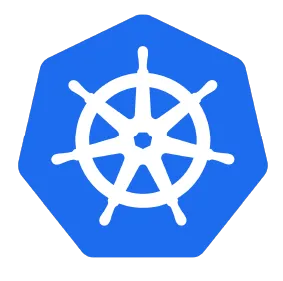Playground Features
- Multi-node Kubernetes cluster running on the latest Kubernetes version
- Two nodes: 1 master and 1 worker node
- Equipped with Canal Container Network Interface (CNI)
- kubectl command preinstalled
- Each session runs for 60 minutes but can be extended should you need more time
Playground Notes
The Kubernetes clusters in certification exams often run on multiple nodes. Usually on at least one master node and one worker node. With our multi-node Kubernetes playground, you can practice in a similar environment. And it only takes seconds to get access to a multi-node Kubernetes cluster!
You can test theories, experiment, and learn. Run kubectl commands to get some experience before the exam. Everything is easily accessible through your web browser. No need to install anything!
If required, you can also SSH into each node, in case you want to practice your troubleshooting skills.
What Is a Kubernetes Cluster?
A Kubernetes cluster is made out of multiple interconnected nodes (basically servers). This makes it easy to scale up when demand is high. We just add more nodes, and the cluster becomes more powerful and able to handle more traffic. When demand is lower, we scale down by removing nodes. This makes Kubernetes flexible, easy to adjust. Furthermore, it also makes it more resilient. If one node experiences problems, another healthy one can quickly take its place. This makes the cluster highly available; it keeps working, even if some nodes malfunction.
This playground will provide you with two nodes. One is the master node, and the other is the worker node. You will learn how to navigate between these two. As mentioned, you can SSH into any node if you want to test your troubleshooting skills.
If you need to, you can also modify your master node to allow pods to be scheduled on it. This way, you can experiment with pod scheduling, node affinity, taints, tolerations, and so on.
What is Canal CNI?
Container Network Interfaces, or CNI, enable networking capabilities within your Kubernetes cluster and its internal components. CNI allows communication between nodes, pods, and services. It is one of the primary components required to set up a Kubernetes cluster.
Canal is a popular CNI solution that combines Flannel for networking and Calico for network policy enforcement. This hybrid approach provides a balanced solution—offering both simplicity and flexibility. It is ideal for users who want a lightweight network layer like Flannel but also need to implement advanced features like network policies, which are not supported in Flannel alone. Canal allows clusters to scale more securely by providing basic networking with enhanced control.
Learn and enhance your skills in Kubernetes with these courses:
.svg)

.svg)
.svg)

.svg)
